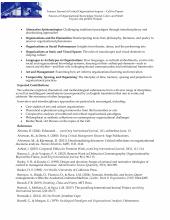Jochen Hoffmann
|
David A. Buchanan
|
Jo Tyler
|
Anne Reff Pedersen; Jesper Strandgaar Pedersen
Wyświetleń3073 Pobrań1201
|
Steffen Roth
|
Justine Grønbæk Pors
|
Niels Thyge Thygesen
|
Paul Sullivan; Anna Madill; Maxine Glancy; Penelope Allen
Wyświetleń2955 Pobrań1092
|
Steffen Roth
|
Didde Maria Humle
Wyświetleń2872 Pobrań2172
|





